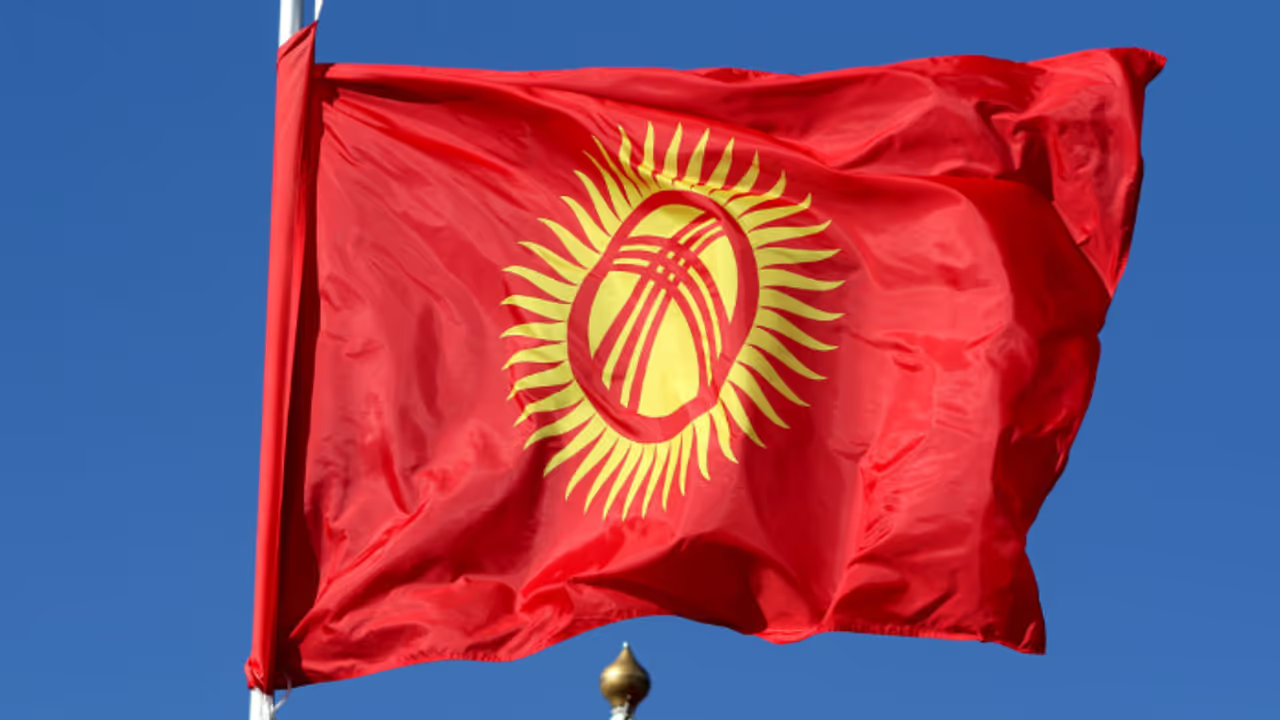Indian students flock to Kyrgyzstan for affordable MBBS courses, but concerns rise over colleges linked to Pakistani groups, poor infrastructure, and misleading agents, risking invalid degrees and safety. NMC and embassies urge caution.
New Delhi: A number of private medical colleges in Kyrgyzstan have come under increased scrutiny over alleged links with Pakistani individuals and organisations, raising serious alarm among Indian authorities and families.

Every year, thousands of Indian students go to Kyrgyzstan to pursue MBBS degrees due to its relatively affordable tuition fees and lenient admission criteria.
Sources in the intelligence establishment suggested that some of these institutions have been operating under questionable management structures, with alleged ties to foreign groups.
The reports also suggest that there have been irregularities in student admissions, academic quality, and visa procedures.
In particular, “concerns have been raised that vulnerable students, especially from rural parts of India, are being misled by aggressive agents and intermediaries who promise recognised degrees and smooth pathways to medical careers.”
It must be noted that Indian embassies in Central Asia have reportedly issued advisories urging students and parents to thoroughly verify the credentials of institutions before enrolling. The National Medical Commission (NMC) in India has also taken note, emphasising that not all foreign medical degrees may be eligible for licensure examinations back home.
Why do Indian students choose Kyrgyzstan?
As per the data, about seven lakh Indian students aspire to become doctors every year. Limited number seats in the government medical colleges and exorbitant fees charged by private institutions have forced many students to explore affordable medical education options abroad.
In recent years, Kyrgyzstan, a mountainous country in Central Asia, has emerged as a popular destination.
With English-medium MBBS programs that claim alignment with India’s National Medical Commission (NMC) norms, several institutions, including Osh State Medical University, Kyrgyz State Medical Academy (KSMA), Kyrgyz-Russian Slavic University (KRSU), and the International Higher School of Medicine (IHSM), have attracted thousands of Indian students annually.
Most of the institutions in Kyrgyzstan, which lack hospital affiliations or adequate teaching infrastructure, are reportedly targeting Indian students, especially those from Jammu and Kashmir, Bihar, Uttar Pradesh, and Rajasthan.
Source further said that many of these colleges could be part of a broader network of ideological or strategic influence, involving Pakistani actors.
As per the reports, Pakistani diplomats and political figures have often been visiting colleges’ campuses in Kyrgyzstan, raising alarms over the potential misuse of these institutions as soft platforms for influence, indoctrination, or worse.
Some observers have described them as “ideological instruments disguised as universities”.
The victims of this deception are mostly students from tier-2 and tier-3 towns, many of whom are first-generation learners desperate for an affordable MBBS seat. Experts warn that the students enrolling in such institutions risk ending up with invalid degrees, no clinical exposure, and in some cases, psychological distress due to poor academic environments or ideological manipulation.


